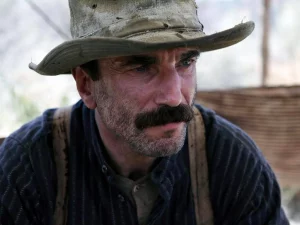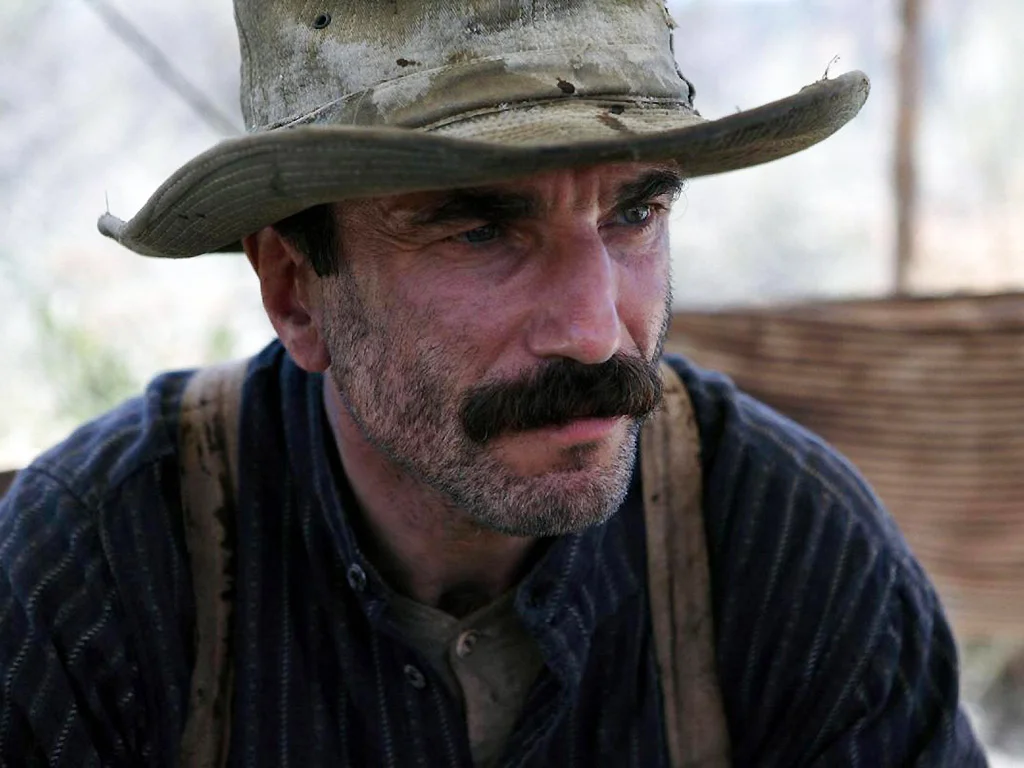How Daniel Day-Lewis Got Started in Acting

(Danilel Day-Lewis
Daniel Day-Lewis, celebrated for his extraordinary ability to fully embody his roles, is widely regarded as one of the greatest actors of all time. With three Academy Awards for Best Actor to his name, his journey into acting was shaped by a combination of family influence, early mentorship, and his relentless pursuit of authenticity in his craft.
A Family of Artists
Born on April 29, 1957, in London, England, Daniel Michael Blake Day-Lewis grew up in a creative household. His father, Cecil Day-Lewis, was a renowned poet and the Poet Laureate of the United Kingdom, while his mother, Jill Balcon, was an actress.
“I grew up surrounded by books and art,” Day-Lewis said in a rare 2012 interview with The Guardian. “That kind of environment makes you curious about storytelling in all its forms.”
Despite his artistic upbringing, Day-Lewis’s early interests were more rebellious. He often found himself drawn to mischief and considered himself an outsider. He credited this sense of alienation as one of the reasons he connected so deeply with acting.
The Spark of Acting: National Youth Theatre
Day-Lewis’s first real exposure to acting came at the National Youth Theatre in London, where he joined as a teenager. Initially, he had been more interested in woodworking, but acting soon became a way for him to channel his restless energy.
“Acting felt like an escape,” he recalled in a 2008 interview with Time. “It was a way to disappear into another world and become someone else entirely.”
After his time at the National Youth Theatre, Day-Lewis was accepted into the Bristol Old Vic Theatre School, where he trained rigorously. The program provided him with a strong foundation in classical acting techniques and stage performance.
Early Screen Roles and Breakthrough
Day-Lewis’s first film appearance was a brief uncredited role as a vandal in Sunday Bloody Sunday (1971) when he was just 14. Reflecting on this experience in a 2013 interview with The New York Times, he joked, “I was paid £2 for the day, and I thought I’d made it.”
He continued to hone his craft in theater and took on small roles in British television and film throughout the early 1980s. His first significant film role came in Gandhi (1982), where he played a minor but memorable part as a young street thug.
Day-Lewis’s breakthrough came in 1985 with two critically acclaimed performances. In My Beautiful Laundrette, he portrayed Johnny, a working-class gay man in a complex relationship. That same year, he played a snobbish Edwardian aristocrat in A Room with a View. The stark contrast between these roles highlighted his incredible range and versatility.
“Those two roles changed everything for me,” Day-Lewis said in a 1990 interview with Vanity Fair. “I realized that acting wasn’t just a job—it was a way to explore humanity in its infinite variety.”
Commitment to Craft
From the start, Day-Lewis was known for his intense dedication to his roles. For My Left Foot (1989), in which he played Christy Brown, an artist with cerebral palsy, he spent months learning to use his left foot for tasks like painting and writing. He remained in character throughout the shoot, even requiring crew members to feed him during breaks.
“I never thought of it as method acting,” Day-Lewis explained in a 2007 interview with The Telegraph. “I thought of it as necessary. How else could I understand the character’s experience if I didn’t fully live it?”
His performance in My Left Foot earned him his first Academy Award for Best Actor, marking the beginning of his ascent as a titan of modern acting.
The Transition to Global Stardom
After My Left Foot, Day-Lewis continued to tackle challenging roles, including The Last of the Mohicans (1992) and In the Name of the Father (1993), both of which required immense physical and emotional preparation.
His meticulous approach sometimes led to long gaps between projects, but Day-Lewis never saw this as a drawback. “I need time to recharge, to find something that truly moves me,” he told Esquire in 2002. “I’ve never been interested in acting for the sake of being busy.”
Legacy of a Master Craftsman
Daniel Day-Lewis’s commitment to his art has set him apart from his peers. His decision to retire from acting after Phantom Thread (2017) shocked fans and critics alike, but Day-Lewis described it as a natural progression. “I’ve given everything I can to this craft,” he told W Magazine in 2017. “It’s time to step away and explore what else life has to offer.”
Conclusion
From his early days in theater to his legendary performances on screen, Daniel Day-Lewis’s journey into acting has been marked by passion, precision, and a profound respect for storytelling. His willingness to push boundaries and immerse himself in his characters has left an indelible mark on the art of acting, ensuring his legacy as one of the greatest performers of all time.




